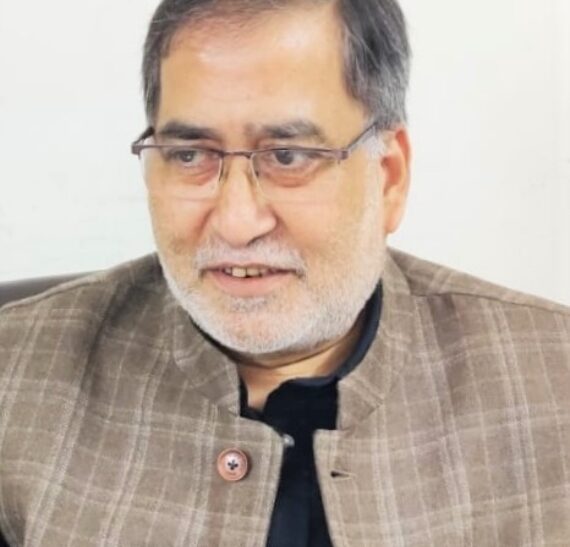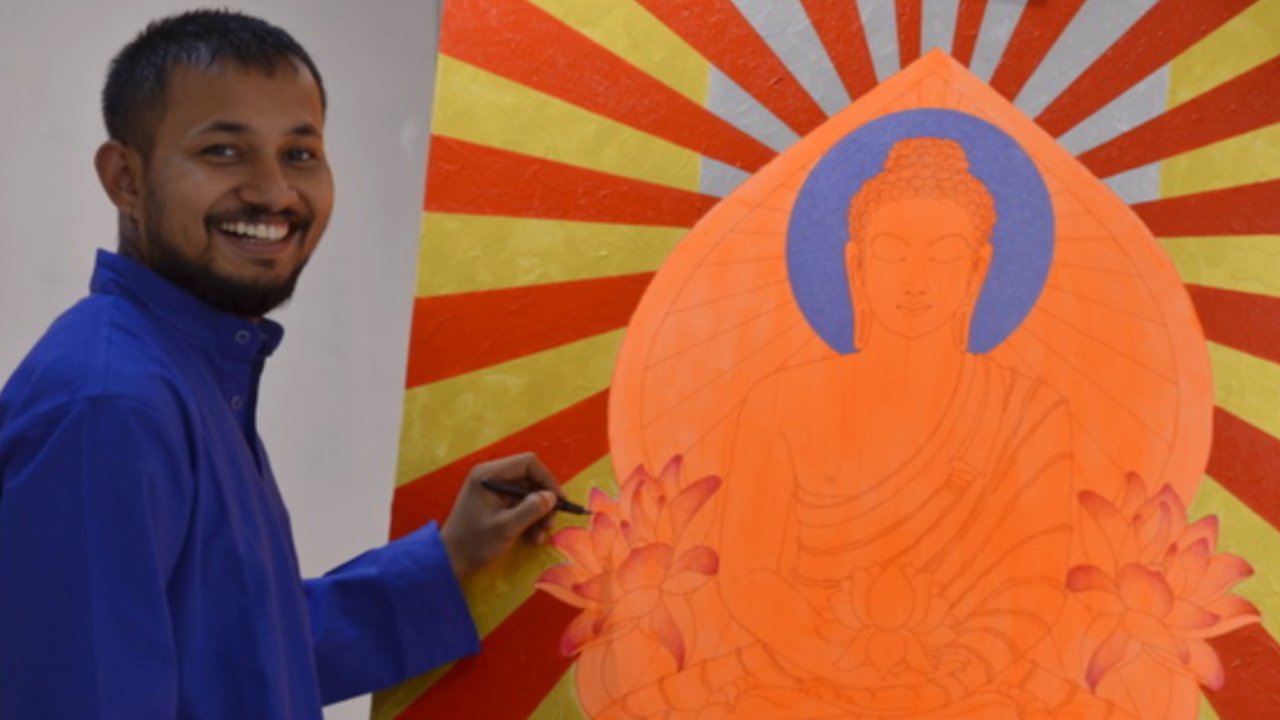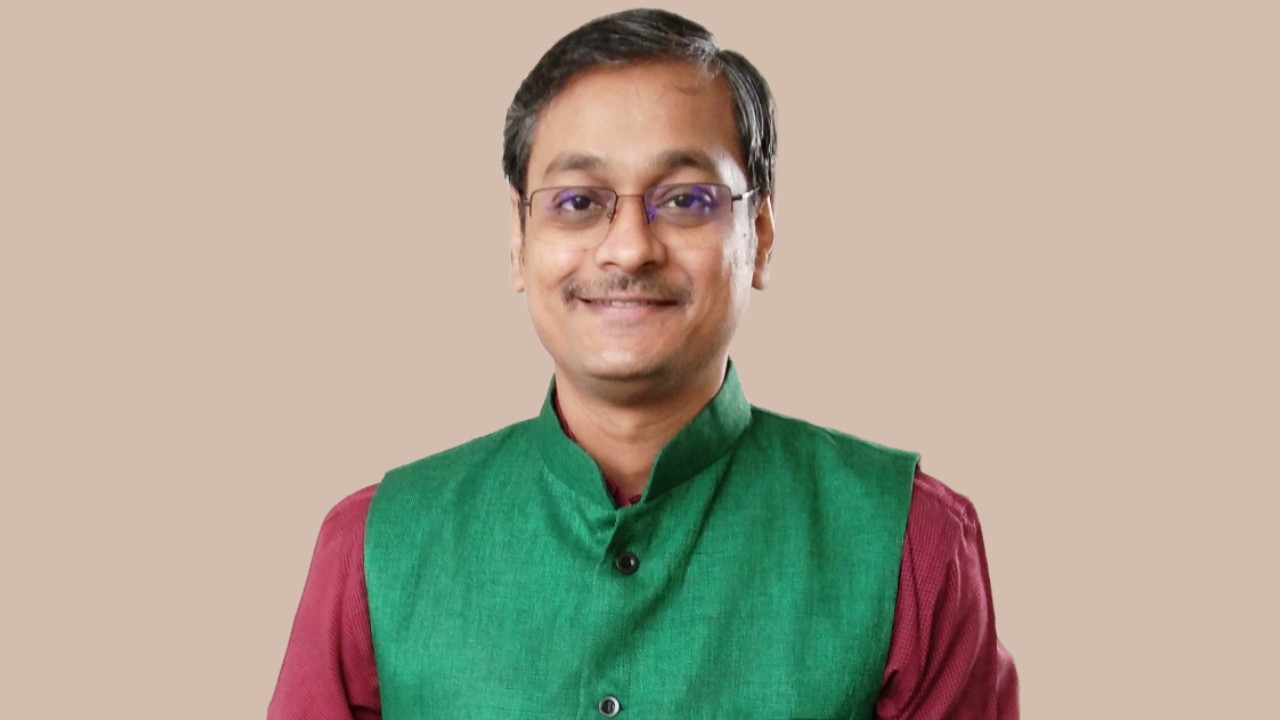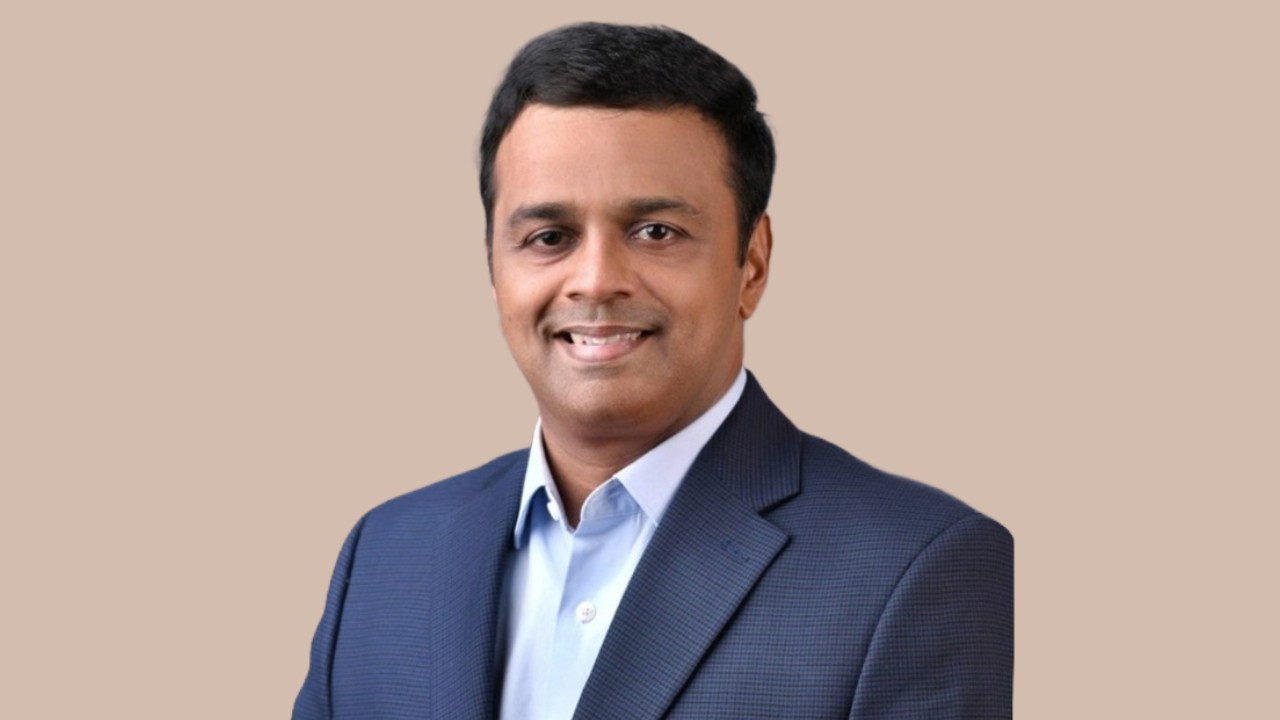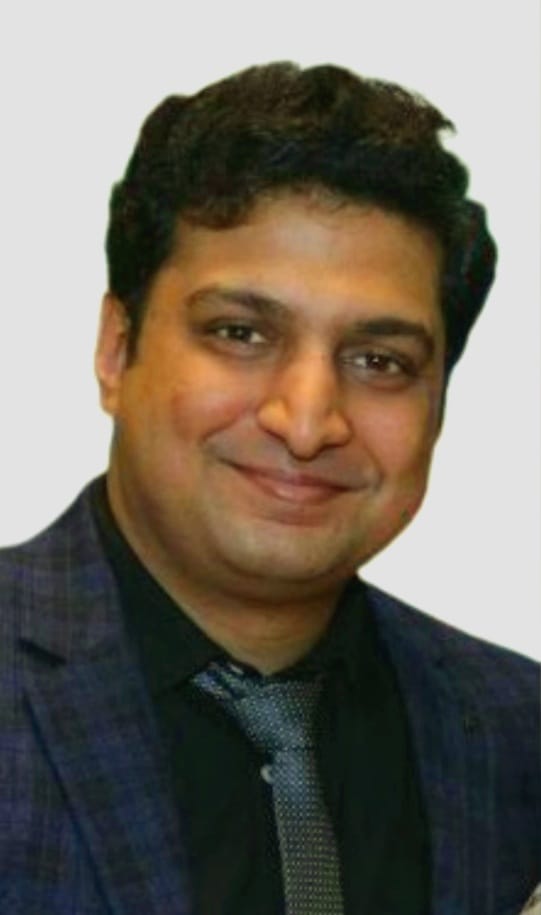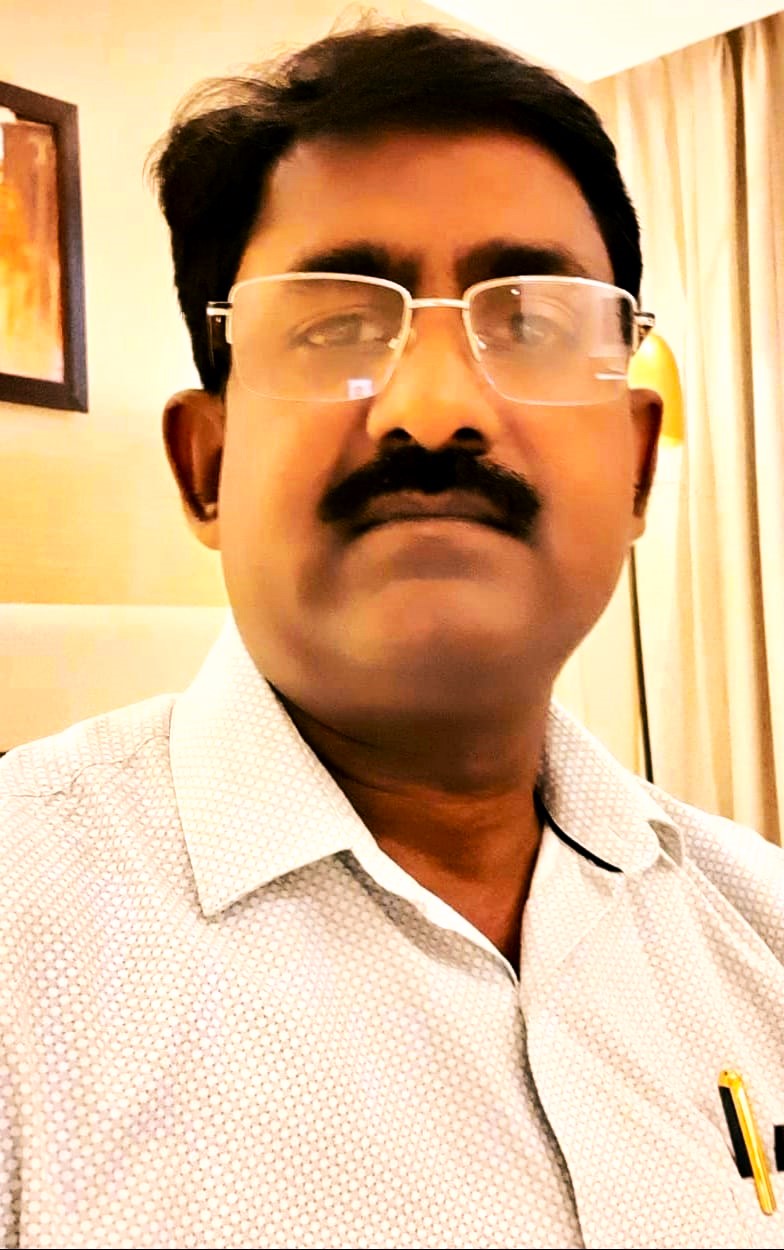Afaque Ahmad Khan, as the President of Village Health Mission, stands as a beacon for healthcare advocacy throughout India, focusing notably on regions like Manipur, Nagaland, Rajasthan, Jammu and Kashmir, and Eastern Uttar Pradesh. Leveraging the expertise of doctors from major cities such as Delhi, Varanasi, and Patna, he orchestrates a network that delivers crucial health education to underserved communities. Over more than a decade, Village Health Mission has orchestrated over 70 health awareness camps, reaching out to and benefiting over 10,000 individuals.
In an exclusive dialogue with The Interview World, Afaque Ahmad Khan passionately underscores the indispensable significance of health awareness in fortifying communities against the multifaceted challenges of healthcare, advocating for proactive measures to foster a healthier society. Here are the key takeaways from his insightful interview.
Q: How do community health camps contribute to improving public health outcomes?
A: Community health camps serve as vital platforms for raising awareness and providing essential healthcare services to marginalized populations who lack access to basic medical care and information about their health conditions. By offering free medical consultations, medications, and referrals for specialized treatment or surgeries as needed, these camps address the healthcare needs of underserved communities.
Led by dedicated healthcare professionals, these camps focus on delivering targeted interventions to address prevalent health issues among the underprivileged. Attendees, primarily from economically disadvantaged backgrounds, rely on these camps for comprehensive check-ups and treatments that they might otherwise be unable to afford.
Accessing the appropriate type of healthcare check-up is crucial for every individual, considering factors such as age, lifestyle, family medical history, and specific health risks. Through these camps, individuals can receive timely medical attention, preventing minor health concerns from developing into serious conditions. By bridging the gap in healthcare access, community health camps contribute significantly to promoting the well-being and health equity of vulnerable populations across the country.
Q: How would you describe the range of activities typically undertaken during health camps?
A: Health camps play a vital role in providing essential healthcare services to underprivileged communities. By offering early access to medical examinations and tests, these camps can detect illnesses at their nascent stages, facilitating faster treatment and potentially saving lives. Our primary objective is to ensure that everyone, regardless of their socioeconomic status, has the opportunity to live longer, healthier lives.
Through comprehensive physical examinations at our health camps, including assessments of vision and the functioning of vital organs such as the heart, lungs, digestive system, liver, kidneys, and immune system, we aim to address health concerns before they escalate into more serious issues. Importantly, these free medical camps serve as a lifeline for individuals who cannot afford the high costs associated with healthcare services offered by hospitals or clinics, thereby bridging the gap in access to quality healthcare for marginalized populations.
Q: What is the significance and impact of these health camps?
A: Despite the government’s efforts to address public healthcare issues, the limited healthcare infrastructure in India poses significant challenges. This scarcity makes it difficult to ensure equitable access to healthcare services, particularly for the underprivileged, through government hospitals. NGOs like Village Health Mission play a vital role in filling this gap, stepping in where government services are unable to meet the needs effectively. They ensure that marginalized communities receive the necessary healthcare services and support.
Furthermore, health camps organized by these NGOs serve a broader purpose beyond catering solely to the underprivileged. They also cater to educated and privileged individuals who may neglect their health needs. Access to quality healthcare is a fundamental right for all individuals, regardless of socioeconomic status. Therefore, it is essential to spread awareness about diseases and promote preventive healthcare measures.
Our health camps exemplify this approach by not only raising awareness but also providing essential medical services such as testing, diagnostics, and medications. This holistic approach is made possible through partnerships with pharmaceutical companies, leveraging their corporate social responsibility initiatives to benefit communities in need.
Q: How has the adoption of emerging technologies in healthcare impacted the healthcare landscape in India?
A: In today’s rapidly evolving healthcare landscape, emerging technologies like IoT, AI, ML, AR & VR, and Robotics are driving transformative changes through the avenues of HeathTech, MedTech, and HealthInformatics. These advancements are reshaping traditional healthcare delivery methods, promising more efficient, precise, and accessible services.
Telehealth, particularly, has emerged as a pivotal solution, seamlessly integrating into the Indian healthcare ecosystem during the pandemic. Its adoption signifies a fundamental shift, allowing rural communities unprecedented access to medical expertise through user-friendly apps and platforms. This surge in telehealth services not only addresses immediate healthcare needs but also lays the groundwork for a more inclusive and digitized healthcare system in India. By leveraging the power of digitization, healthcare services can extend their reach to previously underserved populations, ultimately improving health outcomes and quality of life for a broader segment of society.


